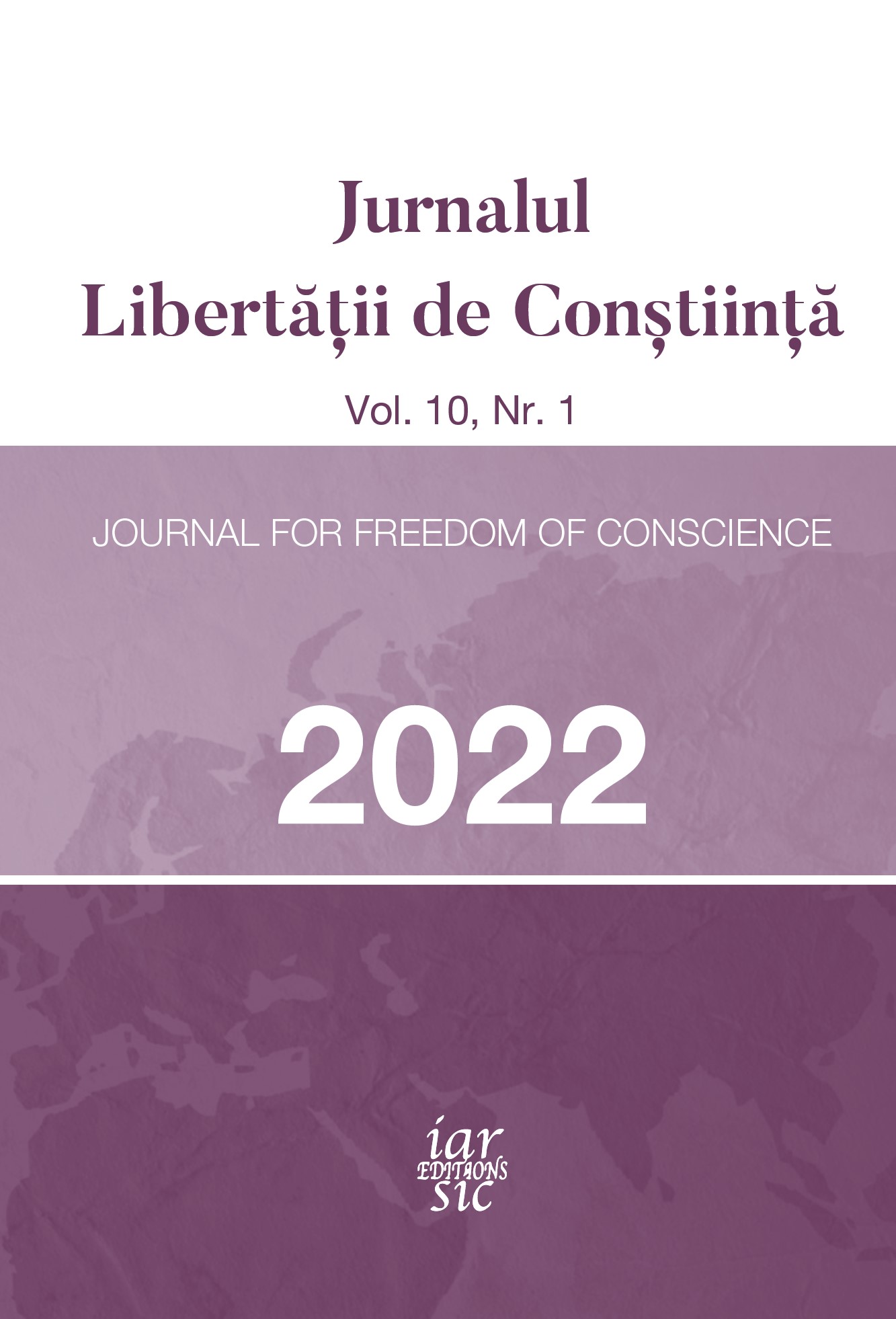PERSECUTION, A MIX OF POLITICS AND RELIGION – A HISTORICAL LOOK FROM THE BOOK OF THE PROPHET DANIEL
PERSECUTION, A MIX OF POLITICS AND RELIGION – A HISTORICAL LOOK FROM THE BOOK OF THE PROPHET DANIEL
Author(s): Ioan-Gheorghe RotaruSubject(s): Philosophy of Religion, Politics and religion, Biblical studies, Pastoral Theology
Published by: Editions IARSIC
Keywords: emperor; politics; religion; persecution; mix; politics; religion; Prophet Daniel; freedom; babylonians; the three young jews; worship; gold chip; fiery furnace; faith;
Summary/Abstract: The book of the prophet Daniel, in chapter 3, presents an episode in the life of the king Nebuchadnezzar, who made an image of gold, 60 cubits high and 6 cubits wide, and set it up in the plain of Dura, in the province of Babylon, and the king sent to gather there all the villagers, rulers, governors, judges, treasurers, all the rulers of the provinces to come to a great ceremony of dedication of the image set up by the king. In this setting everywhere the emperor Nebuchadnezzar appears in the centre: he had the idea and gave the order to make the image, he called and gathered all the dignitaries, he commanded them, he organized everything. Even though Daniel does not tell us anything precise about the timing of those events, it is interesting that the prophet Jeremiah writes about a delegation that went to Babylon, an event with which Jeremiah entrusted Seraiah with a scroll to read in Babylon. In the context of those events described by Daniel, the political power sets up a burning fiery furnace next to the object of worship, the golden image in the valley of Dura, with a very clear message to all that those who do not worship the image will end up in the fiery furnace. The three young Jewish slaves in Babylon, who were high dignitaries of the empire, were asked to perform an act of worship, a religious gesture, specific to the Babylonian religion, which was against their religion. The refusal of a religious act on the part of the three young men was politically interpreted and drastically condemned by throwing them into the fiery furnace. The miraculous intervention of the God of the Jews to save them from the fiery furnace caused the king to change his attitude on the spot and to order all those in his empire, under penalty of severe punishment, not to dare offend the God of the Jews, whom the three young Jewish dignitaries worshiped and trusted.
Journal: Jurnalul Libertății de Conștiință
- Issue Year: 10/2022
- Issue No: 1
- Page Range: 672-691
- Page Count: 20
- Language: English

